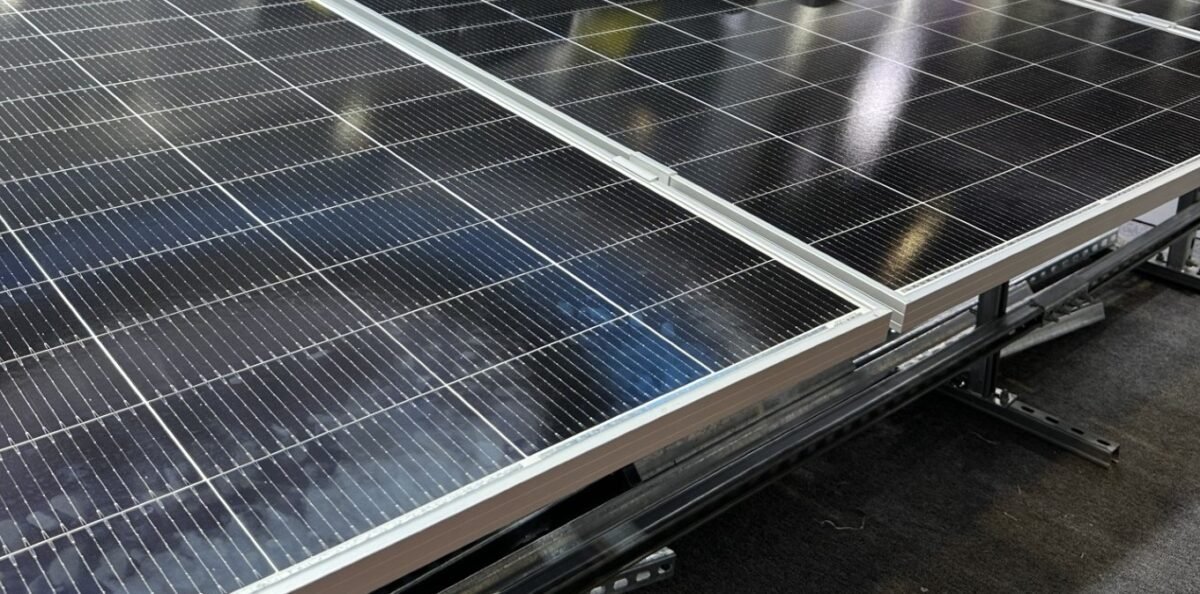Germany’s Battery Storage Market Shifts from Standalone to Colocated Systems
Germany’s energy storage sector is undergoing a major transformation as market dynamics increasingly favor hybrid solar systems with colocated battery storage. Regulatory reforms and economic pressures are accelerating this strategic pivot, making standalone storage projects less viable.
The Decline of Standalone Storage Projects
German developers now prioritize battery storage integrated with renewable generation assets. New construction cost charges (BKZ) and complex grid requirements have severely impacted the economics of standalone installations. This shift mirrors the successful industrial solar solutions seen in global markets.
BKZ Regulations: The Game Changer
A recent Federal Court ruling approved BKZ fees for storage projects, adding €12,000 per MW to system costs. While grid operators welcome this infrastructure funding, developers warn these charges threaten project bankability.
Why Colocation is Winning
Combining storage with renewable generation offers key benefits:
- Exemption from standalone BKZ charges
- Simplified permitting procedures
- Better grid connection utilization
- Optimized energy management
Investment Challenges During Transition
Market uncertainty persists as policies evolve, particularly around renewable subsidies and battery storage capacity markets. Many investors remain cautious until the regulatory framework stabilizes.
The Future of Energy Storage in Germany
Industry experts anticipate rapid growth of hybrid projects combining multiple technologies. Advanced energy management platforms will be crucial for navigating complex grid requirements.
The market has spoken clearly – colocation is becoming essential for financial viability in Germany’s evolving energy landscape. Developers must adapt quickly to remain competitive in this new era of integrated renewable systems.






